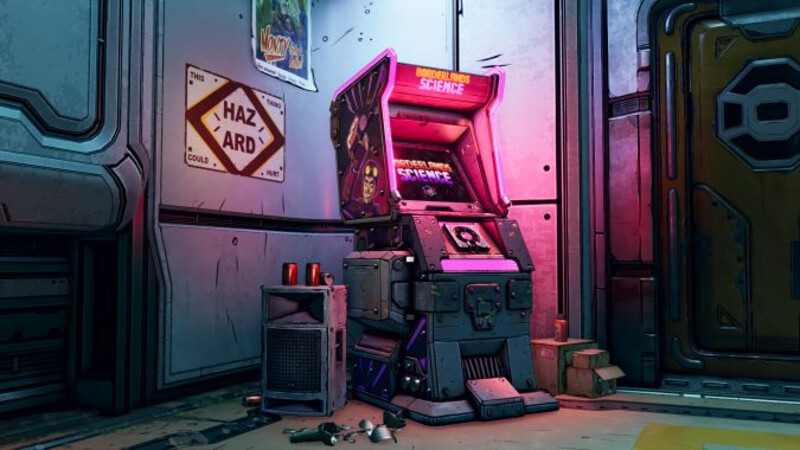The problem: The human gut has a big impact on someone’s health, but exactly what that looks like is dictated by interactions between trillions of microbes that change drastically based on diet and lifestyle. All of those different variables can make researching it really complicated.
The solution: Researchers at McGill University worked with Gearbox Software and other partners to put a science minigame into Borderlands 3, a video game that has sold over 15 million copies. Upon finding the Tetris-like arcade cabinet in the game, players aligned coloured blocks that represented DNA molecules from microbes. Over 4.5 million gamers completed more than 135 million puzzles, which refined the data about how gut microbes interact with each other.
What’s next: The researchers’ big takeaway is that “citizen scientists” provide highly accurate data if you use the right game — Borderlands brought in five times more data in half a day than the team’s previous gaming effort gathered in 10 years. Who needs quantum computers anyway?
